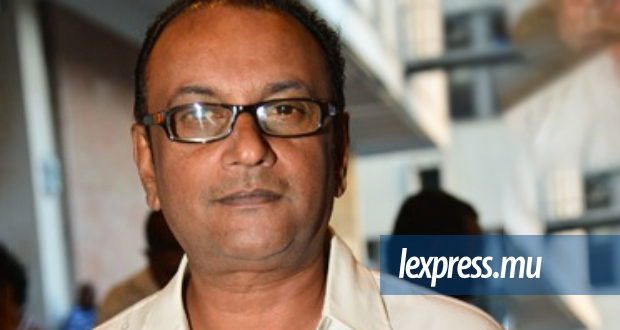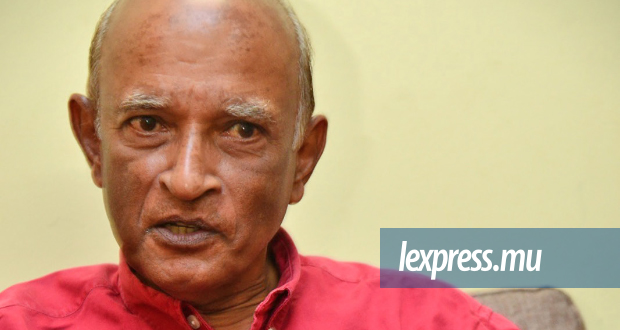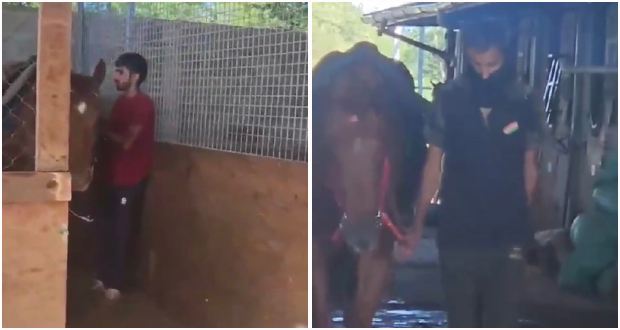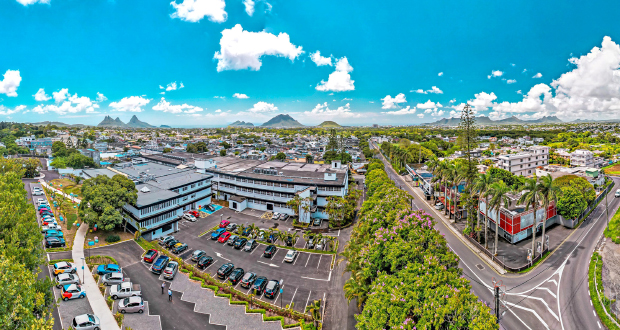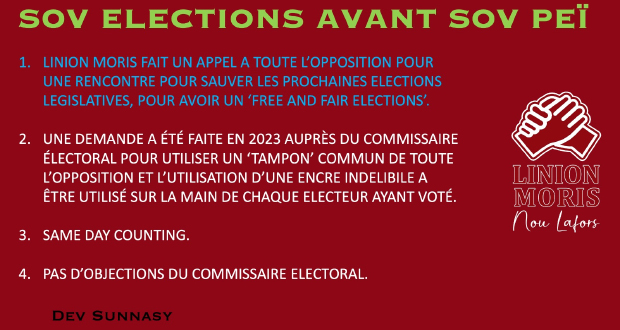Publicité
Turning to the sea for fresh water needs
Par
Partager cet article
Turning to the sea for fresh water needs

Several countries are turning to the sea to help alleviate the growing problems of fresh water shortages and also to cut utility costs. Some of them are using partially treated sea water as a pilot project for non potable use especially when it has been found that one third of the household consumption of fresh water is used to flush toilets. Many of the users argue that using sea water to flush toilets is more hygienic and economical. The sea water is purified, disinfected and biochemically treated in a plant before use.
Chinais regarded by the United Nations as one of the 13 most water-stressed countries in the world. This number is bound to rise with the result of global warming. This is why China and other countries are turning to the sea for fresh water needs.
Desalination plants, in China for example, are increasing both in numbers and in size to provide for the increasing fresh water needs of the country. In that vast country, 400 of the 600 or so cities are suffering from acute shortage of fresh water.
In Hong Kong, some 80% of the population is supplied with semi-treated sea water for flushing toilets. For the Hong Kong authority, desalination of sea water is the answer.
During the recent Water Utilities Leaders Forum held in Singapore, the Prime Minister , Mr. Lee Hsien Loong, officially opened the Tuaspring Desalination Plant on 18 September, 2013. That was a historic moment in Singapore Water history. The plant is one of the world’s largest sea water reverse osmosis desalination plants with an operating capacity of between 320,000 to 350,000 m3 per day. It supplements the first desalination plant, the Singspring desalination plant which was in operation as from 2005 with a capacity of 150,000 m3 a day. Both desalination plants provide 30% of Singapore daily potable water needs.
A few days ago, I met Mr. Olivier Ceberio, cofounder and Chief Operating Officer of Resolute Marine Energy, a company based in Boston, USA which is involved in desalting sea water to produce fresh water using ocean waves energy. It is the world’s first wave driven desalination system (Wave2OTM). This could be a green technology opportunity for us. This system can be deployed in the region of Pointe-aux-Caves and in the South of the Island which offer optimum advantage to adopt this technology and can initially produce 5,000 m3 of desalted fresh potable water per day. I am submitting his request to the Government this week.
The tourism industry consumes a high percentage of our water supply. The good thing is that, as per Government recommendation, many hotels have already turned to the sea for their potable and non potable use. The positive impact is that the reduced CWA tap water consumption by certain hotels is used for providing the neighbouring localities with additional hours.
Although we may receive our full load of fresh water from summer rainfall (January to April), the period of rainfall deficiency or prolonged drought will always be in sight during the course of any given year placing our vulnerable island into water stressed situations. That is the period when we envisage banning the hose for washing cars, pavements, watering gardens, lawns and so on in order to save potable water and to enlighten the burden on mother nature.
The purpose of banning the hose is to acquire the collaboration of the public to match water demand with supply. Since the United Nations has declared 2013 as the year for cooperation in water supply, we must find out and learn from other countries.We have to learn from our fellow Rodriguans on how to harvest rain water for multiple use. I remember, soon after the flash flood period of 30th March, there was a short period of water shortage in one of the localities of Port-Louis. I visited the area in question and when I asked the inhabitants whether they had collected some rain water for use, the answer was a blunt “NO”. None of them thought it wise to collect rain water to clean up the mess caused flood water. Unfortunately, we, in Mauritius, have not yet developed that green habit of collecting the “blue gold”. This is a real pity.
In Mauritius, valves are manually opened and closed as per a specified schedule. When valves are opened suddenly to provide tap water to remove unnecessary strain from the public, pressure increases and old pipes tend to burst leading to further closure and dry domestic taps. If the pressure is too low, the customer complains, but if the volume is increased and injected into the system, we get excessive leakage and bursts. This creates a vicious cycle. The CWA, with the constant support of Government, is determined and committed in turning the vicious cycle into a virtuous cycle. Works have already started in this sense in the Upper Plaine Wilhems region and will ultimately be extended to other regions of the island. Our target is to bring down to an acceptable level the leakage level.
One company in England has developed a technology to minimize pipe bursts and end the hose pipe bans. It is an anti leak system that uses pipeline sensors and software to monitor water supply and control water pressure. This technology is being applied in around 15 countries from Malaysia to USA In so doing, these countries are saving millions of litres of treated potable water. We are networking with these countries with a view to alleviating the water shortage problems during drought periods.
In the meantime, our pledge to the consumers is to use tap water according to our needs and not according to our wants as we, Mauritians, consume 170 litres of potable water per day, which is too high as per world standard.
Publicité
Les plus récents
